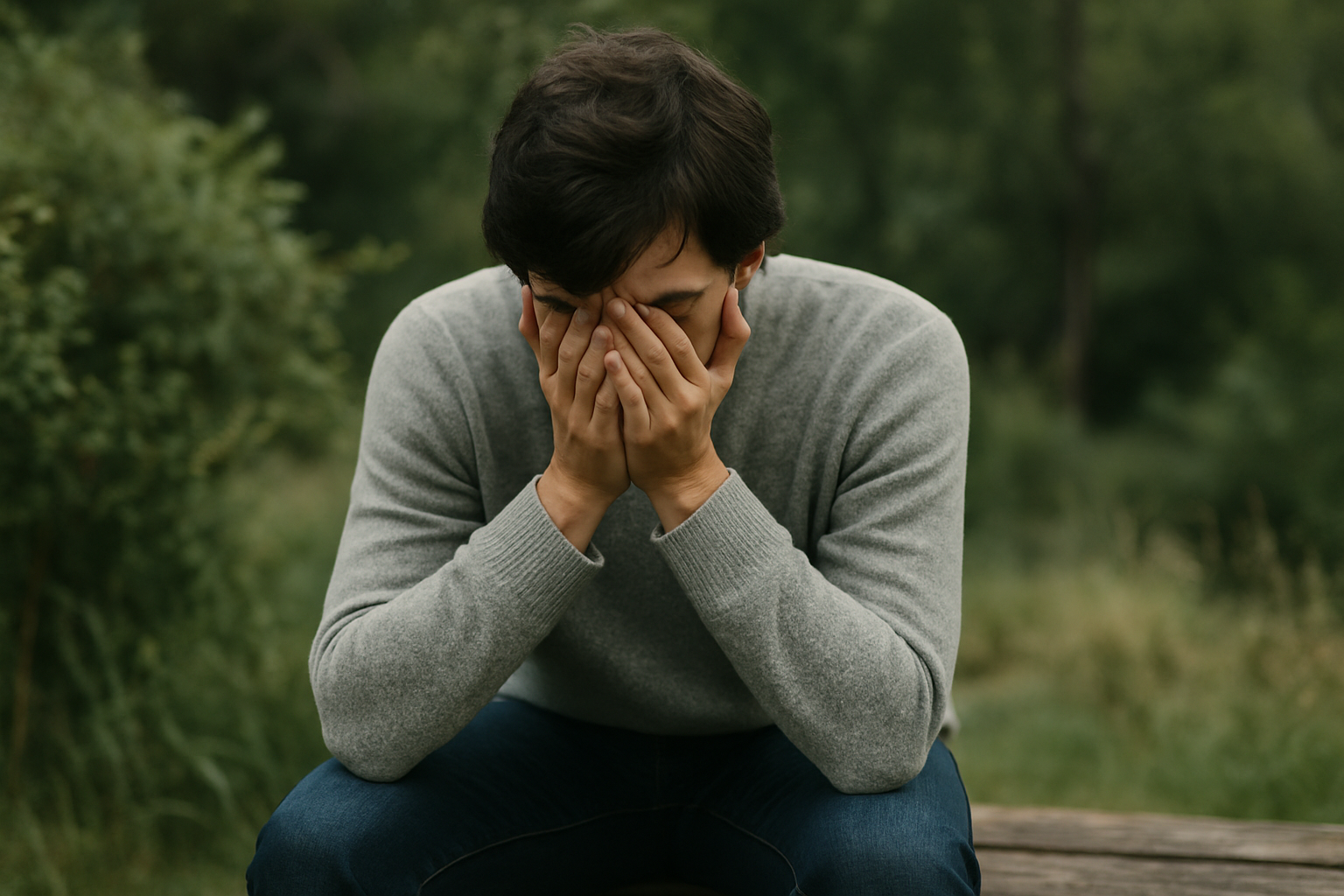Depression

Understanding Depression: Hope, Help, and Paths to Healing
Depression is more than feeling down for a few days. It is a real, medical condition that affects how you think, feel, and function in daily life. It doesn’t always look like sitting sadly by a rainy window. It can show up as feeling numb, easily frustrated, or disconnected, and sometimes, people don’t even realize they are living with depression.
The good news is that depression is treatable, and with the right support and tools, people can heal and lead fulfilling, connected lives.
What is Depression?
Depression, or Major Depressive Disorder (MDD), involves persistent feelings of sadness, emptiness, or a loss of interest in things you once enjoyed. It can affect your energy, sleep, appetite, and the way you think about yourself and the world.
Types of Depression:
Major Depressive Disorder (MDD): Intense symptoms lasting at least two weeks.
Persistent Depressive Disorder (PDD): Lasts two years or more, often with milder but ongoing symptoms.
Seasonal Affective Disorder (SAD): Related to seasonal changes, often during winter.
Postpartum Depression (PPD): Occurs after childbirth.
Bipolar Depression: Periods of depression within the cycle of bipolar disorder.
Signs and Symptoms
Depression looks different for everyone, but common symptoms include:
✅ Emotional:
Feeling sad, empty, or hopeless
Irritability or frustration
Feelings of guilt or worthlessness
✅ Cognitive:
Trouble concentrating or making decisions
Difficulty remembering details
Thoughts of death or suicide
✅ Behavioral:
Withdrawing from friends or family
Losing interest in hobbies or activities
✅ Physical:
Changes in appetite or weight
Sleep difficulties (too much or too little)
Low energy or fatigue
If these symptoms last more than two weeks and affect daily life, it’s important to seek support.
What Causes Depression?
Depression can develop for many reasons, often a mix of:
Genetics: Family history can increase risk.
Brain Chemistry: Imbalances in brain chemicals like serotonin and dopamine.
Life Events: Loss, trauma, or major changes can trigger depression.
Medical Conditions: Chronic illness or pain can contribute.
Substance Use: Alcohol or drug use can worsen or cause depression.
How Depression Impacts Life
Without support, depression can affect your health, relationships, and work, making it harder to enjoy life. It is a leading cause of disability worldwide. Importantly, early help can prevent symptoms from worsening.
Treatment and Recovery
Depression is treatable, and recovery is possible. Many people find relief through a combination of:
1️⃣ Therapy:
Cognitive Behavioral Therapy (CBT): Helps reframe negative thoughts.
Dialectical Behavior Therapy (DBT): Teaches emotional regulation.
2️⃣ Medication:
Antidepressants like SSRIs and SNRIs can help rebalance brain chemistry for many people.
3️⃣ Lifestyle Support:
Regular exercise
Balanced nutrition
Consistent sleep
4️⃣ Additional Supports:
Mindfulness, yoga, and meditation
Support groups to reduce isolation
Advanced treatments (TMS, ECT) for severe or persistent depression
Coping Strategies
In addition to treatment, these steps can help support your healing:
✨ Set small, realistic goals
✨ Stay connected with supportive people
✨ Practice self-compassion and patience
✨ Engage in activities you used to enjoy, even in small doses
✨ Challenge negative thoughts when they arise
When to Seek Help
If depression is interfering with your life or you have thoughts of harming yourself, reach out immediately to a mental health professional, your doctor, or a trusted support person. You deserve help and do not have to face this alone.
A Message of Hope
Depression can feel heavy, but it is not a life sentence. With the right care, people recover, rediscover hope, and reclaim meaningful, joyful lives. Reaching out for help is a courageous first step toward healing, and your journey forward is worth taking.
If you or someone you know is struggling with depression, reach out today. Help is available, and recovery is possible.
